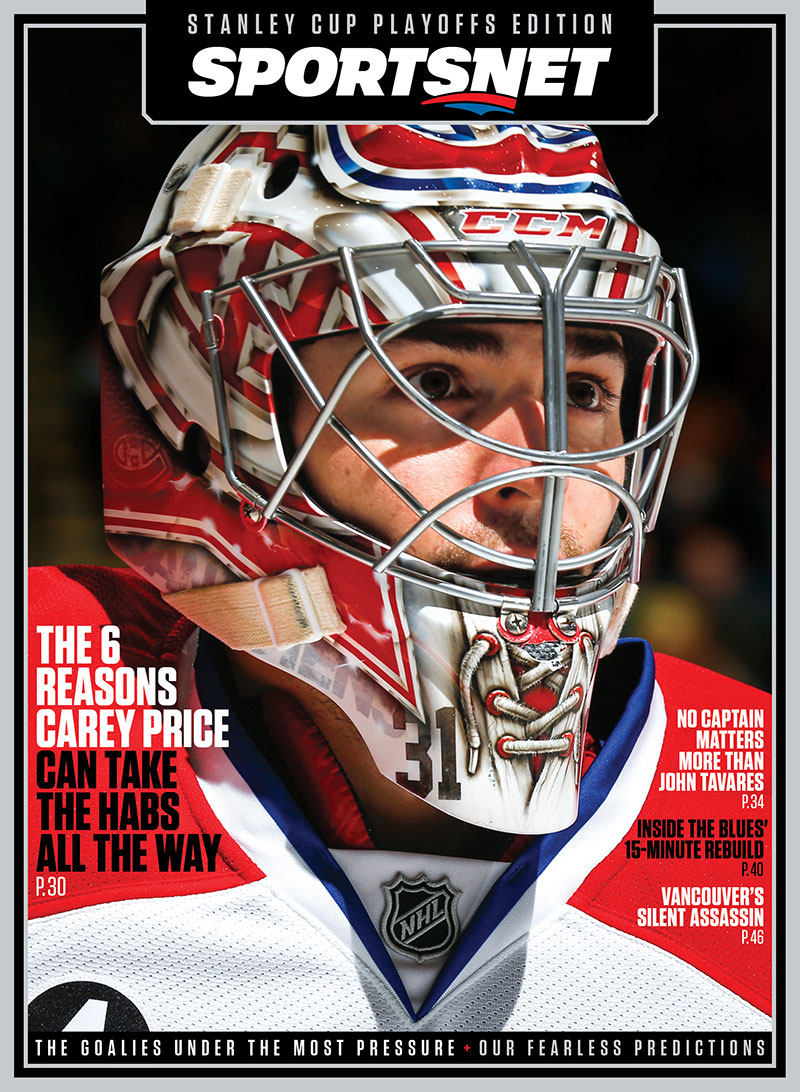Be careful what you wish for. As teams are jockeying for playoff positioning down the stretch there is always the proverbial question of who the higher seeds would prefer to play. And as much as Raptors fans would rather see their team play Milwaukee than Washington when the post-season commences the general sentiment is finishing fourth and potentially playing Atlanta in the second round would be better than a third-place finish and a second-round date with Cleveland and LeBron James.
The Warriors have had the West’s top seed locked up for some time. It seems cruel that their gift would be a first-round date with the Oklahoma City Thunder, the betting-public’s favourite to capture the eighth seed despite injury, who entered the season with better championship odds than Golden State.
Yet as the Warriors lost a close one to the New Orleans Pelicans Tuesday night, it became apparent that the often-forgotten upstarts from Louisiana would be anything but an ideal match-up. In fact, New Orleans (Wednesday night’s loss to the Grizzlies on a back-to-back notwithstanding) could be a much tougher out than OKC, no matter how many triple doubles Russell Westbrook puts up.
 Sportsnet Magazine Stanley Cup Playoffs
Sportsnet Magazine Stanley Cup Playoffs
Edition: The six reasons why Carey Price can take the Montreal Canadiens all the way. Download it right now on your iOS or Android device, free to Sportsnet ONE subscribers.
Styles make fights. And stylistically simply due to roster construction the Pelicans have a better chance at slowing down the league’s best offence in Golden State than the Thunder would.
Among the Warriors’ five-man lineups with at least 20 minutes played together on the year, their best defensive lineup—Stephen Curry, Klay Thompson, Andre Iguodala, Harrison Barnes and Andrew Bogut—is pretty traditional. That grouping gives up a measly 67.7 points per 100 possessions and still scores 113.5 for a 45.7 net rating.
But Golden State’s most potent offensive play comes when they go small and teams are forced to match, which Steve Kerr has said is a decision that kind of gets made for him. “We don’t necessarily want to [go small], but we feel like we’re really good at it. Small ball is the way everyone’s going and it’s good for us; we’re good at it.”
The Warriors’ best offensive unit with at least 20 minutes played together is Curry, Iguodala, Barnes, Shaun Livingston and Draymond Green, which scores 147.5 per 100 possessions while giving up 79.2. Those ratings are off the charts, giving them a net rating of 68.3. When you are scoring 68 more points than you give up you are going to continue to play small.
One of the keys here is that other than Curry and Green, the bulk of the Warriors’ small-ball groups are big for their positions. Thompson, Barnes, Iguodala and Livingston are all six-foot-seven or taller, with Livingston being the only one weighing in under 215 pounds. So they have less trouble than most teams in guarding bigs with guards and swingmen, and can give fits to teams who go small in an attempt to keep up.
The Thunder can’t say the same thing. With Kevin Durant done for the year and after trading Thabo Sefolosha and Reggie Jackson (their best perimeter defenders), OKC is extremely small on the perimeter. Their small-ball guard trio of D.J. Augustin, Russell Westbrook and Dion Waiters are six-foot, six-foot-three and six-foot-four, respectively. And Waiters specifically is gaining a reputation as a defensive matador—no matter what the size of the opponent.
New Orleans, on the other hand, defends the perimeter well with lengthy swing-men. Quincy Pondexter, Dante Cunningham and Tyreke Evans have an average height of six-foot-seven, and often take the floor next to six-foot-four ballhandler Eric Gordon.
Let’s not forget the Pelicans also have Anthony Davis, who would be a lock for defensive player of the year if he’d avoided injury this season. He’s healthy now and his best defensive traits—the ability to switch out on and redirect quicker players in the pick-and-roll, and the ability to gobble up long rebounds with his seven-foot-seven wingspan—are a thorn in Golden State’s side offensively. (Yes, you read that correctly: Davis has added two inches to his wingspan since entering the league as a 19-year-old.)
Davis is also a menace in the paint. He’s averaging just under three blocks a game and despite missing games is on pace to lead the league in blocks in back-to-back years.
With former back-to-back blocks champion Serge Ibaka currently sidelined with a knee injury, Westbrook is now the Thunder’s best defender. Problem is his helter-skelter style of gambling for steals and over-rotating to help like a Tasmanian devil actually plays right into Golden State’s hands. The Warriors’ motion offence is predicated on the fact the ball moves faster than any single defender can. If you double Curry on the catch or show hard on the pick-and-roll you’re leaving wide-open shooters.
What’s more, New Orleans is getting hot at the right time. A big reason they’ve won five of their last seven is that they’ve held five of those opponents to under 100 points. Meanwhile, the Thunder have lost six of their last seven—twice giving up over 130 points in that span.
Listen, I’m not saying the Warriors shouldn’t be heavy favourites to beat New Orleans. I’m just saying I’d be less willing to lay money in Vegas if the task for Golden State was beating New Orleans four times in seven tries. Because of their reputation, the public’s money would be on OKC having the better chance versus the Warriors, but I’d bet on the Pelicans’ perimeter D over brand-name bias.


